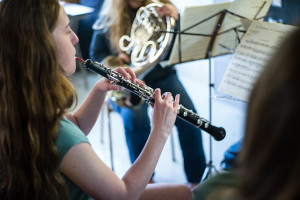 The “self-esteem movement” in this country is coming to an end. We have learned that giving a trophy to all kids just for participating hasn’t worked, and — even worse — has undermined the natural grit that our nation is built upon.
The “self-esteem movement” in this country is coming to an end. We have learned that giving a trophy to all kids just for participating hasn’t worked, and — even worse — has undermined the natural grit that our nation is built upon.
We are also at a crossroads in education, where people are starting to finally wake up to the fact that passion and perseverance matters more than intelligence when it comes to being successful. Hard work and stick-to-itiveness trumps “talent” and “good genes” every time, and usually gets most of us to where we want to be in our life and in our work. Grit is what we want our children to cultivate during their time in school, not just good test scores.






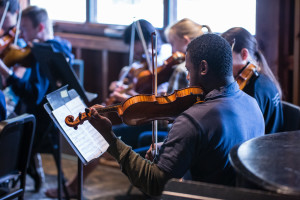
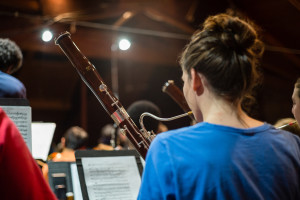
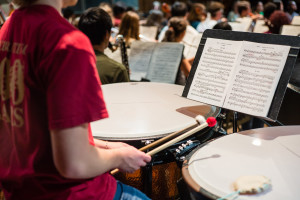

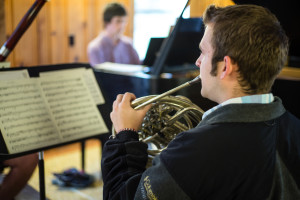
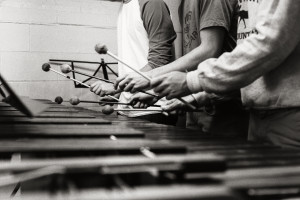
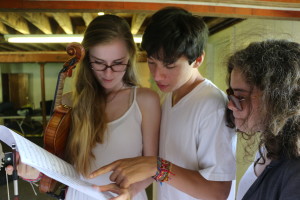
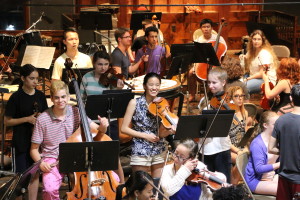
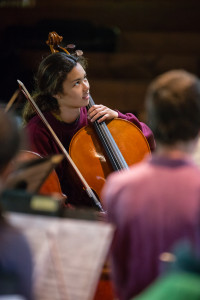

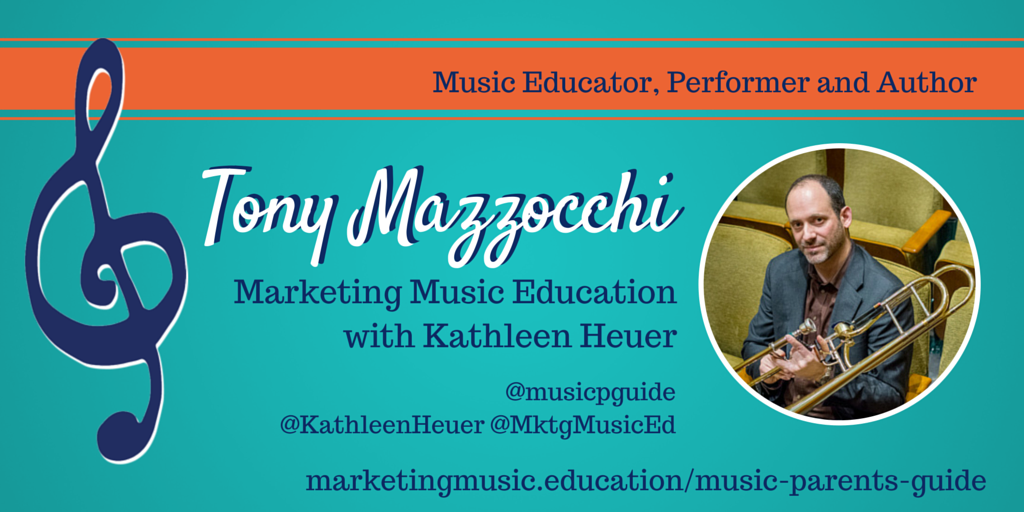
Recent Comments